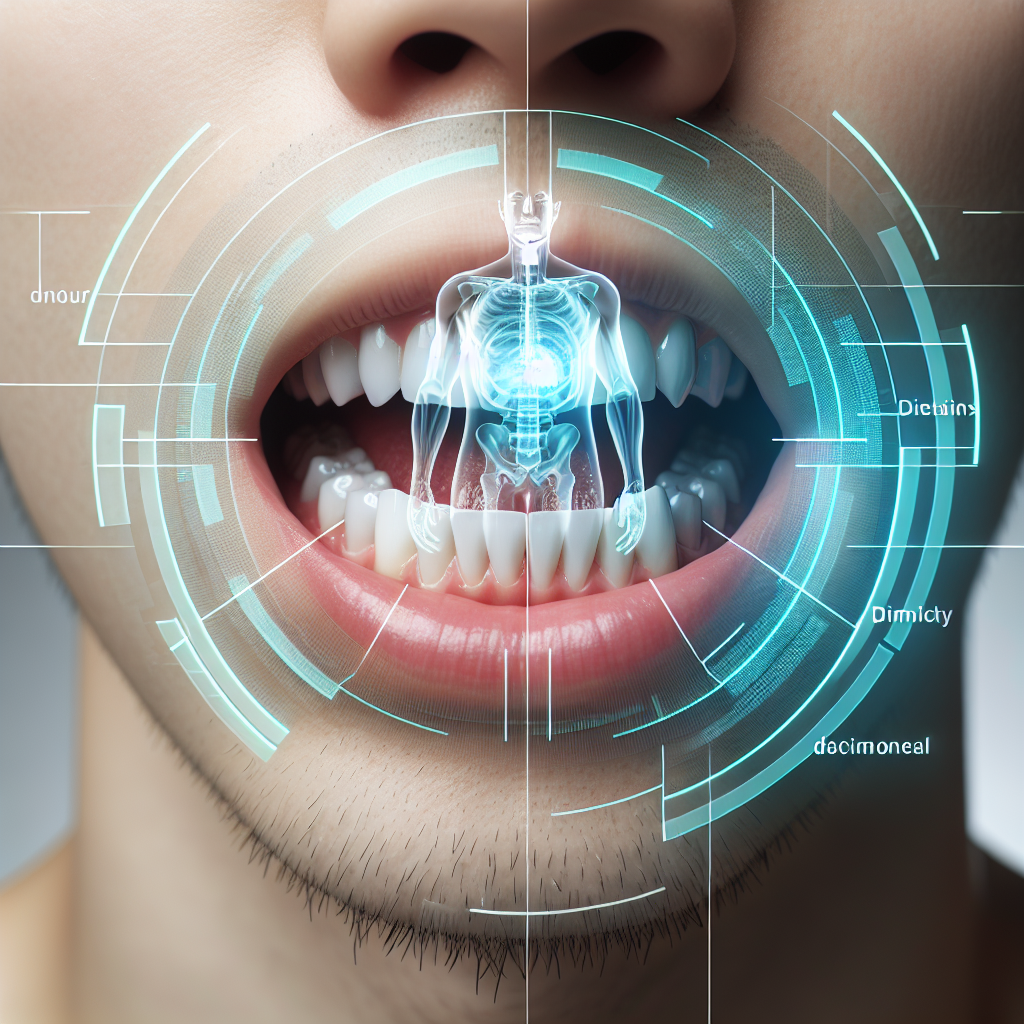Toothache headaches are a common issue that many individuals face at some point in their lives. These headaches are often caused by underlying dental problems such as tooth decay, gum disease, or tooth abscess. The pain can range from mild discomfort to severe throbbing pain that can make it difficult to concentrate or function normally. It is important to address the root cause of the toothache headache in order to find long-term relief.
One of the best pain relief options for toothache headaches is over-the-counter pain medication such as ibuprofen or acetaminophen. These medications can help reduce inflammation and alleviate pain associated with toothaches. It is important to follow the recommended dosage instructions and not exceed the daily limit to avoid any adverse side effects.
For those who prefer a more natural approach to pain relief, clove oil is a popular remedy for toothache headaches. Clove oil contains eugenol, a natural anesthetic and antibacterial agent that can help numb the pain and reduce inflammation. Simply dab a small amount of clove oil onto a cotton ball and apply it directly to the affected tooth or gums for temporary relief.
In severe cases where the pain is unbearable, it is recommended to seek professional dental care as soon as possible. A dentist can provide a proper diagnosis and treatment plan to address the underlying dental issue causing the toothache headache. Ignoring the pain and delaying treatment can lead to further complications and potentially more serious health problems. Remember, proper oral hygiene and regular dental check-ups are key to preventing toothache headaches in the future.
What is the Best Pain Relief for Toothache Headache?
When it comes to finding relief for a toothache headache, it’s important to consider the severity of the pain and the underlying cause of the discomfort. While over-the-counter pain medications like ibuprofen or acetaminophen can provide temporary relief, it’s always best to consult with a dentist to address the root of the problem. In some cases, a dental procedure may be necessary to alleviate the pain and prevent further discomfort. Stay tuned as we delve into the various treatment options available for toothache headaches and how to prevent them in the future.
Over-the-counter pain relievers
One of the best ways to relieve the pain of a toothache headache is by taking over-the-counter pain relievers. Medications such as ibuprofen (Advil) and acetaminophen (Tylenol) can help reduce inflammation and relieve pain associated with a toothache headache. It is important to follow the recommended dosage instructions and consult with a healthcare professional if you have any underlying health conditions.
Home remedies
There are several home remedies that can provide relief from a toothache headache. Rinsing your mouth with warm salt water can help reduce inflammation and alleviate pain. Applying a cold compress to the affected area can also help numb the pain. Additionally, clove oil has natural numbing properties and can be applied directly to the toothache to help relieve discomfort.
Dental treatment
If you are experiencing a severe toothache headache, it is important to seek dental treatment as soon as possible. In some cases, a toothache headache may be a sign of an underlying dental issue such as a cavity or infection. A dentist can diagnose the cause of the pain and provide appropriate treatment, which may include a filling, root canal, or extraction.
Prevention
Preventing toothache headaches involves maintaining good oral hygiene practices. Brushing and flossing regularly can help prevent tooth decay and gum disease, which can lead to toothaches. Additionally, seeing a dentist for regular check-ups and cleanings can help detect and treat dental issues before they become more serious.
Statistics
In a survey conducted by the American Dental Association, it was found that over 90% of adults in the United States have had a toothache at some point in their lives. Toothaches can be a common and painful experience, but with the right treatment and prevention methods, they can be managed effectively.
Conclusion
Overall, when experiencing a toothache headache, it is crucial to address the root cause of the pain by seeking professional dental care. However, in the meantime, utilizing over-the-counter pain relievers such as ibuprofen or acetaminophen can provide temporary relief from discomfort. It is essential to follow the recommended dosage instructions and consult a healthcare professional if the pain persists or becomes severe.
Additionally, utilizing natural remedies like clove oil or saltwater rinses can help alleviate toothache headaches. These remedies can provide soothing effects and help reduce inflammation in the affected area. It is important to remember that these remedies may not work for everyone, and individual reactions may vary. Seeking proper treatment from a dentist is crucial to address any underlying dental issues causing the pain. Overall, a combination of medication, natural remedies, and dental intervention is crucial in effectively managing toothache headaches and promoting overall oral health.

